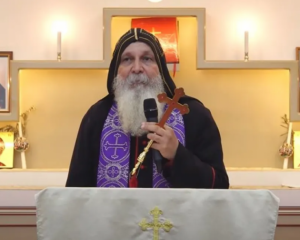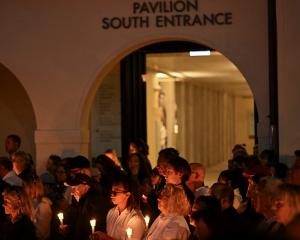Asiana's denial of responsibility, made in a filing in U.S. District Court in San Francisco, is "standard stuff," said Gerald Sterns, an attorney with offices in Oakland and San Francisco who handles aviation cases but is not a party to any litigation related to the Asiana crash.
"A lot of people get inflamed by that: ‘How could this airline say that?'" Sterns said. "The standard defences are: ‘It didn't happen. If it did happen, we didn't do it. If your guy got hurt, he caused his own injuries.'"
The new developments follow a series of public relations missteps by the South Korean airliner after its Boeing 777 crashed.
Asiana's chief executive declined to speak to the South Korean and U.S. reporters who mobbed him when he landed at SFO, and no one spoke on his behalf.
The airliner also failed to keep up with a steady flow of crash-related information emanating from other organizations such as the National Transportation Safety Board, and was criticized for what some said was an ill-advised threat to sue television station KTVU for airing bogus and culturally insensitive names of the four pilots who were on board.
Asiana's response to his lawsuit still angered the California lawyer who filed the first two suits related to the crash.
"I'm astounded that Asiana would blame the passengers for its gross negligence in not being able to safely land this aircraft," said attorney Michael Verna. "The very first filing in the very first lawsuit in this case in a public courtroom is to blame the passengers for causing the accident. I'm not only astounded, I'm incensed."
Asiana officials did not respond to a request for comment and have previously said they will not address litigation surrounding the July 6 crash at San Francisco International Airport, which killed three Chinese teenage girls and injured dozens of others.
The legal issues surrounding the crash are complicated because the airline is based in South Korean and most of the passengers are not U.S. citizens. Nearly half - 141 - came from China. The next largest group of passengers - 77 - were from South Korea.
An international treaty called the Montreal Convention restricts the ability of foreign passengers to sue Asiana in U.S. courts while American passengers could see multi-million dollar verdicts or settlements.
Foreign passengers who try to sue Asiana in their homes in South Korea or China will find "their case has no value, none," Sterns said.
"For those that are not physically injured and have the additional problem of not being able to sue in U.S. courts, Asiana has to make a business decision," Sterns said. "'Do we just ignore these people or give them some relief to make them go away?' And that's where the 10 grand comes in because it would generally cost them (Asiana) more to defend themselves in court, even with the Montreal Convention."
Sterns has seen similar passengers with no physical injuries get as much as $25,000 following airline crashes "so the 10 sounds a little low to me, frankly."
In his lawsuits against Asiana, Verna argues that his clients are exceptions to the Montreal Convention and have standing to sue Asiana in federal court in San Francisco.
Asiana continues to pay medical and hotel bills for the injured, but those passengers are running up additional costs, Verna and other attorneys said.
Zhengheng "Henry" Xie, a professor at the University of Shanghai, for example, is staying at a hotel while he continues to be treated as an outpatient at Stanford University Medical Center, said Verna, who represents Xie in a second lawsuit against Asiana.
"He's burning up his Visa for cab fees to get to Stanford," Verna said. "All of them lost their luggage and a lot of them had no IDs and no cash. Over a month after the accident, Asiana is finally providing humanitarian aid."












